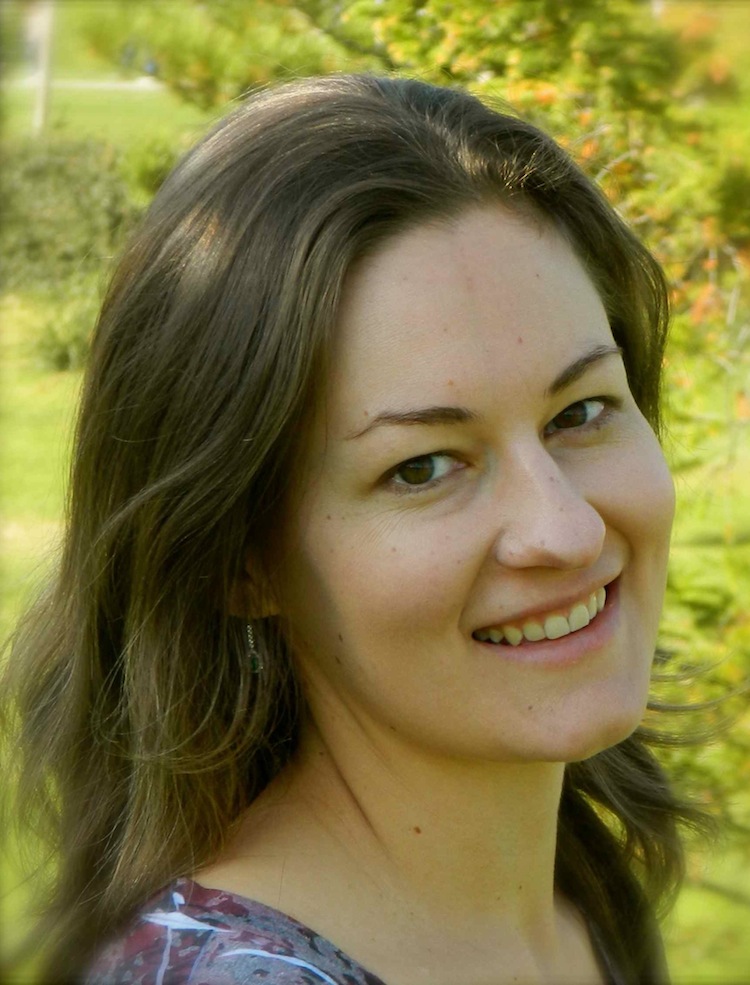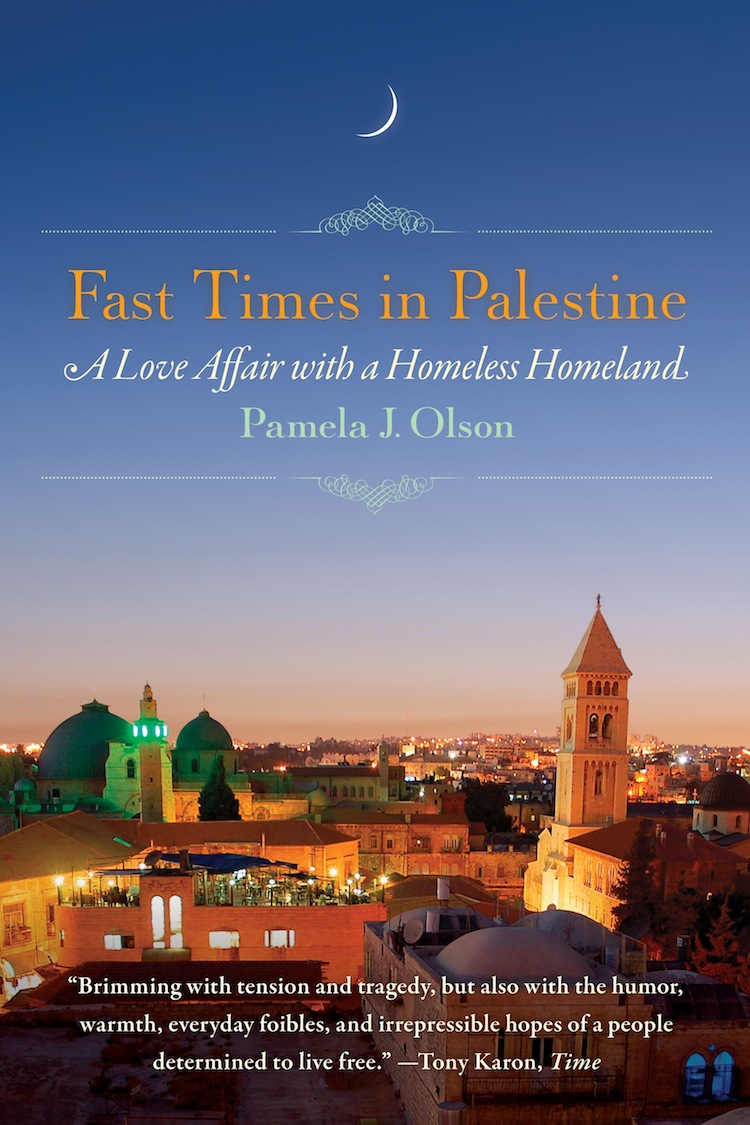My fiancé Ahmed came to the US from his native Turkey in part to escape from the societal pressures of his culture. This resonated with me, because I left small-town Oklahoma for a similar reason. We both wanted to make our way in the world unfettered by other people’s expectations.
But, when it came time for him to propose, he ran it by his family. Naturally, they asked if I was a Muslim. When he said no, they gave him the skeptical eye, which annoyed him to no end. But he loved them and wanted to explain his decision in a language they could appreciate.
“One Surah of the Quran,” he told them, “says that sometimes what seems good is actually bad, and what seems bad is actually good. Maybe you hate a thing and it is good for you, and perhaps you love a thing but it is bad for you. Only Allah knows.”
Most Muslims understand this to mean that, given our limited physical experience of this world, we cannot really know the essence or nature of all things. There may be something beyond what’s obvious, or a reason for something that is not yet clear. We don’t have absolute knowledge—only God does—so we should have a little humility, especially when it comes to judging others.
“I’ll give you an example,” he said. “Pamela brought home a Quran one day and said she planned to read it. She has lived in the Middle East, and she wanted to read it to understand the region better, the same way she read the Bible in her twenties to understand her own culture better. I thought that if she was going to do that, I should study the Quran in a more serious way. Then, if she came to me with any questions, I would be able to answer them, and I wouldn’t seem ignorant about my own culture.
“Maybe a girl who prays five times a day would not have that effect on me. My parents prayed five times a day, and it did not have that effect on me. My friends were all conservative Muslims, and it did not inspire me toward serious study of the Quran. So even just speaking about religion, she may be what is best for me. You never know.”
They accepted his reasoning, much to my relief. When I visited Turkey and met his extended family, they were nothing but kind and welcoming and excited to have me join them, especially when they saw how comfortable I was with Muslim culture, Middle Eastern food, and the Arabic sayings common to all Muslims (after living in beautiful Palestine for two years).
When I told my parents about dating a Muslim, they were fine once I assured them he believed in full equality in relationships, and that he drank alcohol. The former wasn’t such a big deal; they knew I’d never put up with anyone telling me what to do. But they were relieved he wouldn’t be standoffish and holier-than-thou at our boozy family gatherings.
When he met them over Christmas last year, they all fell in love with him, especially when he nearly beat my mom and me at Scrabble. Only a late, unlikely triple-word-score combined with a lucky blank tile saved me. My young nephews climbed all over him like a jungle gym, to his obvious delight, which sealed the deal in my mother’s mind.
We’ve both agreed we’ll teach our future children what we know about the world—a necessarily limited knowledge—and allow them to choose their own paths. There’s no way to know what effect it will have. Perhaps they’ll choose to be Muslim, Christian, atheist, or Buddhist, or convert to Judaism. If there’s one thing we both believe, it is that there should be no compulsion when it comes to the deepest definitions of how we see ourselves.
After Ahmed told me about the Surah, I asked him, “So, how do you know how to behave in life when you don’t know what the hell’s going on, ever?”
What he said is, I believe, not only a foundation for a happy marriage, but also an important ingredient for an enjoyable and harmonious life:
“I think what it’s trying to say is that, as a general rule, you should give people the benefit of the doubt.”
—
San Francisco Bay Area readers: join Pamela’s book reading at Books Inc., Mountain View tonight and the book launch party tomorrow night at Books Inc., 601 Van Ness, San Francisco! Details for all events on her national tour, here.
Pamela Olson, author of Fast Times in Palestine: A Love Affair with a Homeless Homeland (Seal Press, 2013), grew up in small-town Oklahoma and studied physics and political science at Stanford University. She lived in Ramallah for two years, during which she served as head writer and editor for the Palestine Monitor and as foreign press coordinator for Dr. Mustafa Barghouthi’s 2005 presidential campaign. You can reach Pamela via her website, www.pamolson.org.













